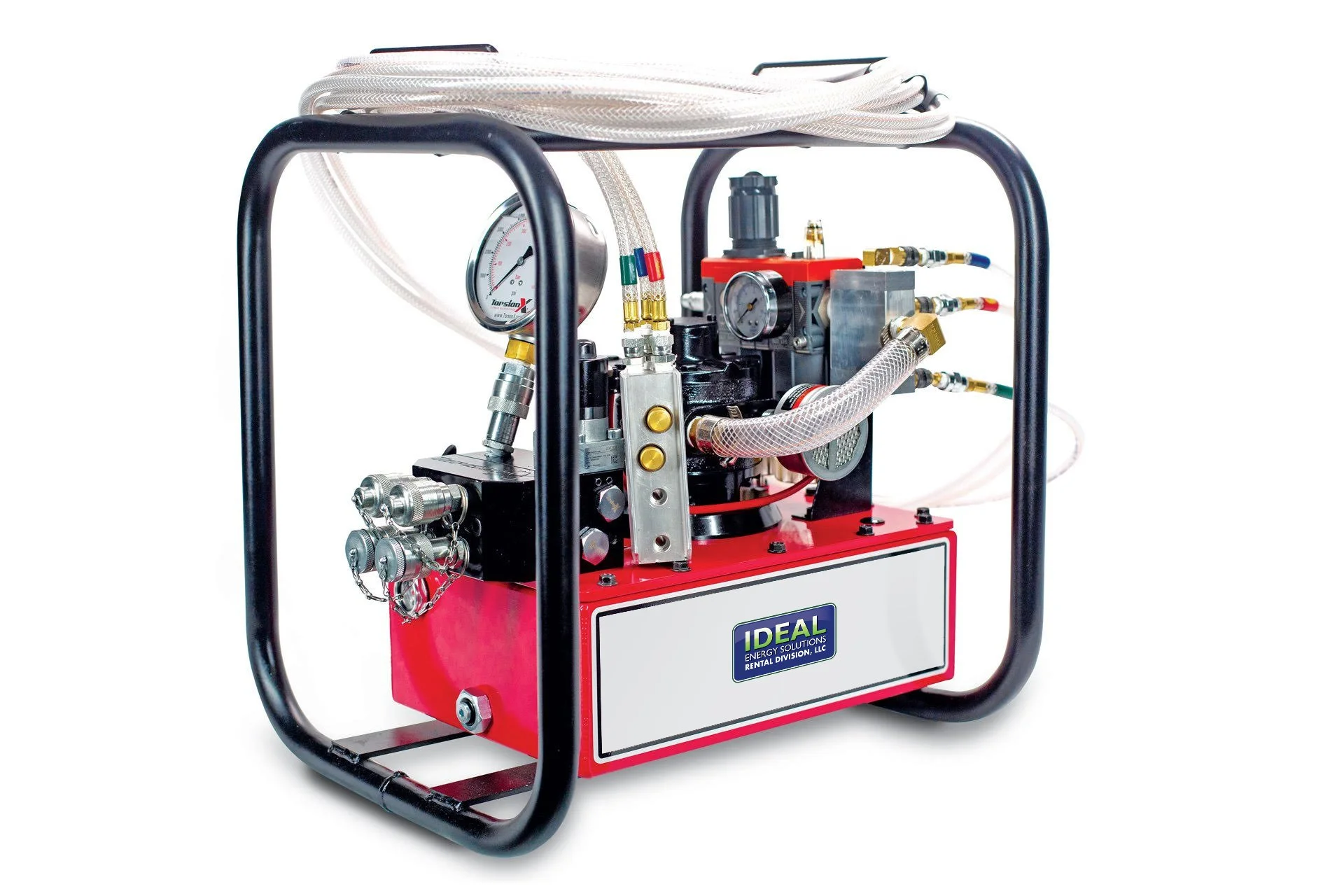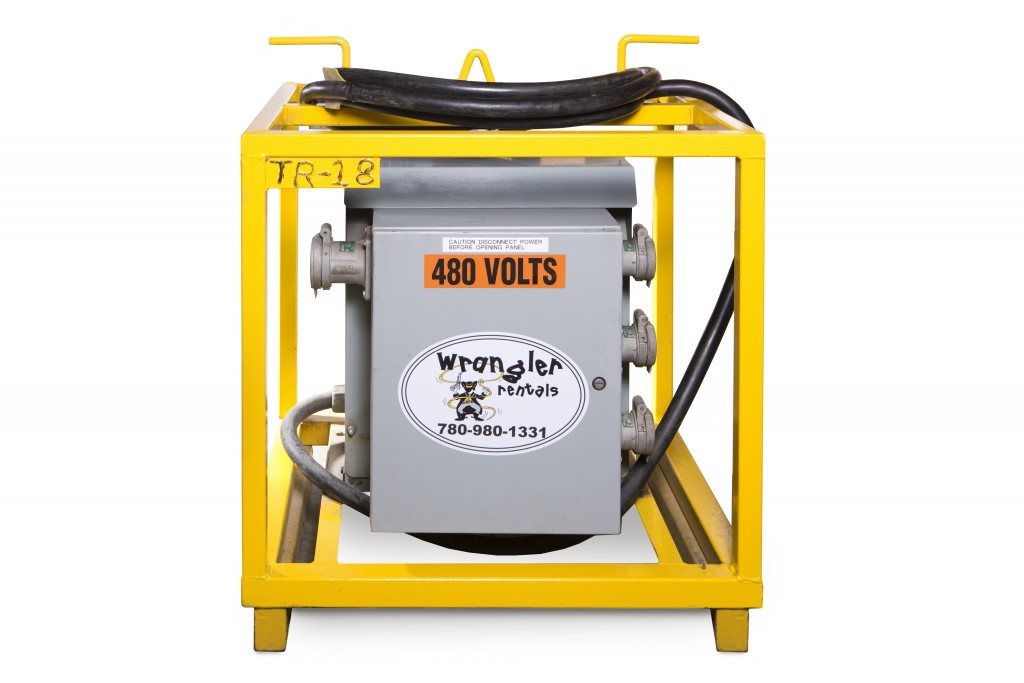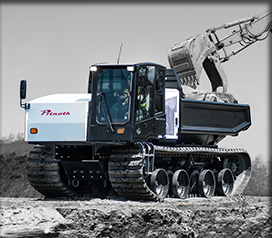Superior Rentals fusion machines: ways they improve efficiency
Wiki Article
A Comprehensive Overview to the Numerous Sorts Of Oil Field Equipment and Pipeline Equipment Available
The oil and gas sector relies greatly on customized equipment for effective removal and transport. Numerous kinds of machinery, from drilling rigs to storage tanks, play crucial duties in this intricate process. Each piece of equipment serves distinct features that add to total functional success. Recognizing these parts is vital for any person associated with the industry. As the sector advances, so too do the innovations that support it. What improvements are on the perspective?
Drilling Rigs: The Foundation of Oil Expedition
Drilling rigs act as the crucial machinery in the domain name of oil expedition, allowing firms to access hydrocarbon gets buried deep below the Planet's surface area. These rigs come in different kinds, including land rigs, offshore rigs, and mobile systems, each made to operate in certain settings. Furnished with advanced innovation, drilling rigs can pass through geological formations with accuracy, making certain efficient resource removal. The architectural integrity and functional capabilities of these rigs are crucial, as they have to hold up against extreme conditions and considerable stress. Furthermore, the option of a drilling gear impacts the overall job expense and timeline, making it a crucial factor to consider for oil companies looking for to maximize their exploration efforts and optimize productivity in their procedures.Pumps: Necessary for Fluid Movement
In the oil extraction procedure, the duty of pumps is substantial, promoting the activity of liquids throughout different stages of production. Pumps are essential for transporting crude oil, water, and other fluids from below ground tanks to the surface and after that through pipelines to refineries. They are available in various kinds, consisting of centrifugal, positive variation, and completely submersible pumps, each offering particular purposes based upon the fluid attributes and operational needs. Centrifugal pumps are frequently utilized for their efficiency in high-flow applications, while favorable variation pumps succeed in dealing with viscous liquids. The option of pump impacts total efficiency, functional security, and upkeep expenses. Correct choice and maintenance of pumps are vital for maximizing production and lessening downtime in oil field procedures.Valves: Controlling Circulation and Pressure

Valves play a crucial duty in managing the flow and pressure of fluids within oil fields and pipelines. Different kinds of shutoffs offer distinctive applications, each designed to satisfy certain features essential for efficient operation - Superior Rentals fusion machines. Understanding the qualities and uses of these valves is necessary for maximizing system efficiency and safety and security
Types of Valves
Crucial parts in oil area procedures, shutoffs play a crucial role in controlling the flow and stress of liquids within pipelines and equipment. Various types of valves are made use of to fulfill the varied demands of oil and gas manufacturing. Typical types include gate shutoffs, which provide a straight-line circulation and minimal stress decrease; world shutoffs, known for their throttling capabilities; and round shutoffs, identified for their quick on/off control. In addition, check shutoffs avoid backflow, while butterfly shutoffs supply a light-weight option for regulating circulation. Each shutoff type is made with certain materials and configurations to hold up against the harsh problems often located in oil fields, guaranteeing reliability and performance in procedures. Comprehending these kinds is essential for efficient system management.Valve Applications and Functions
While numerous kinds of valves serve unique purposes, their main applications focus on managing circulation and pressure within oil and gas systems. Shutoffs such as gate, world, and ball valves manage used dozers for sale by owner liquid movement, making certain peak performance and go safety. Gateway valves are frequently used for on/off control, offering very little flow resistance. World shutoffs, on the other hand, offer specific flow guideline, making them suitable for throttling applications. Sphere shutoffs are favored for their quick procedure and limited sealing capacities. Furthermore, pressure alleviation shutoffs are critical for stopping system overpressure, safeguarding equipment stability. On the whole, the appropriate option and application of valves improve functional efficiency, making sure the reliable transport of oil and gas via pipes and processing centers.Compressors: Enhancing Gas Transport
Compressors play a critical role in the efficient transport of all-natural gas, making certain that it moves smoothly with pipes over lengthy distances. These gadgets boost the pressure of gas, enabling it to get rid of friction and elevation modifications within the pipeline system. Furthermore, compressors assist in the balancing of supply and demand, accommodating fluctuations in consumption and manufacturing rates. Different kinds of compressors are employed in the industry, consisting of centrifugal, reciprocating, and rotating screw compressors, each offering distinctive benefits based on the functional demands. Routine maintenance of these compressors is necessary to maximize efficiency and decrease downtime, ultimately contributing to a dependable gas transportation network. Their critical feature highlights the value of compressors in the overall oil and gas infrastructure.Storage Tanks: Safe and Efficient Liquid Monitoring
Reliable transportation of gas relies upon various support group, among which is the correct administration of storage containers. These tanks play a crucial duty in securely including fluids, ensuring that operational effectiveness is maintained while reducing ecological dangers. Built from long lasting materials, they are designed to hold up against high stress and corrosive components. Appropriately sized and tactically situated, storage space tanks promote the smooth circulation of natural gas and various other fluids, stopping bottlenecks in supply chains. Routine upkeep and tracking are important to identify leakages or structural concerns, advertising safety and conformity with governing requirements. Inevitably, the effective administration of storage space tanks is important for the overall stability and integrity of the oil and gas industry's fluid handling systems.
Pipeline Equipments: Facilities for Transport
Pipeline systems work as the backbone of the oil and gas industry, assisting in the reliable transportation of hydrocarbons over large distances. These systems consist of various parts, consisting of pipelines, shutoffs, pumps, and compressors, all carefully developed to ensure smooth circulation. The products made use of in pipeline construction, typically steel or high-density polyethylene, are chosen for durability and resistance to corrosion. Pipeline networks pipe replacement can cover across land and water, linking manufacturing websites to refineries and circulation facilities. Additionally, advanced innovation makes it possible for real-time surveillance of flow rates and pressure levels, improving operational performance. The critical positioning of these pipes decreases ecological effect while making the most of resource accessibility, thereby playing an important role in meeting power needs around the world.Safety And Security Equipment: Making Sure Worker and Environmental Management
The operation of pipeline systems, while crucial for power transportation, additionally offers considerable security challenges for employees and the atmosphere. Security equipment plays a substantial duty in minimizing these dangers. Personal safety devices (PPE) such as helmets, handwear covers, and non-slip footwear safeguards employees from physical dangers. Additionally, gas discovery systems keep an eye on for leaks, making certain that dangerous substances do not posture a danger to personnel or the bordering community. Emergency situation shutdown systems are important for promptly halting procedures during a situation, avoiding possible disasters. Spill control products, including absorbents and obstacles, are essential for reducing ecological effect. Overall, buying all-encompassing safety and security devices is crucial for keeping operational honesty and safeguarding both employees and the atmosphere in the oil and gas field.
Frequently Asked Concerns
How Do I Choose the Right Oil Field Equipment for My Job?
Selecting the ideal oil area devices includes reviewing task requirements, spending plan constraints, and operational needs. Think about elements such as equipment integrity, compatibility with existing systems, and the vendor's credibility to guarantee peak efficiency and security.What Are the Maintenance Needs for Oil Field Equipment?
Maintenance needs for oil area devices include regular inspections, lubrication, and timely repairs. Operators needs to additionally abide by manufacturer standards, monitor efficiency metrics, and guarantee conformity with safety laws to improve longevity and effectiveness.
Just How Can I Ensure Compliance With Environmental Regulations?
To guarantee compliance with environmental laws, companies need to conduct routine audits, apply best techniques, purchase training, keep correct documents, and remain upgraded on regulation (Superior Rentals reviews). Partnership with environmental companies can also enhance adherence to regulationsWhat Is the Ordinary Life-span of Pipeline Equipment?
The typical life expectancy of pipeline equipment generally ranges from 20 to half a century, depending upon elements such as material top quality, environmental conditions, and upkeep methods. Regular evaluations can considerably influence durability and operational effectiveness.How Do I Safely Transfer Oil Field Equipment to Remote Locations?
Carrying oil field devices to remote locations requires careful planning, consisting of route assessment, protecting permits, using ideal lorries, and making sure security protocols are adhered to. Appropriate training and communication amongst teams are vital for successful transport.Report this wiki page